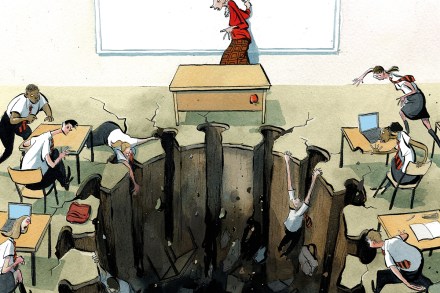The limits of Covid death statistics
As is often said, choose your statistics carefully and you can use them make just about any point you want to. But rarely does the Office for National Statistics put out two releases on the same day whose statistics point in totally opposite directions. If you listened to the BBC midday news, you may have heard that overall deaths in England and Wales, while they have fallen, are still running at 5.9 per cent above the average for the time of year. This was based on an ONS release entitled Deaths Registered Weekly in England and Wales. However, poke your nose in another release put out an hour or so





















